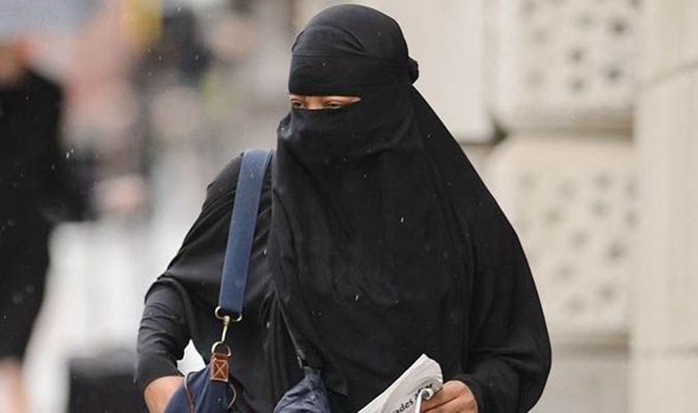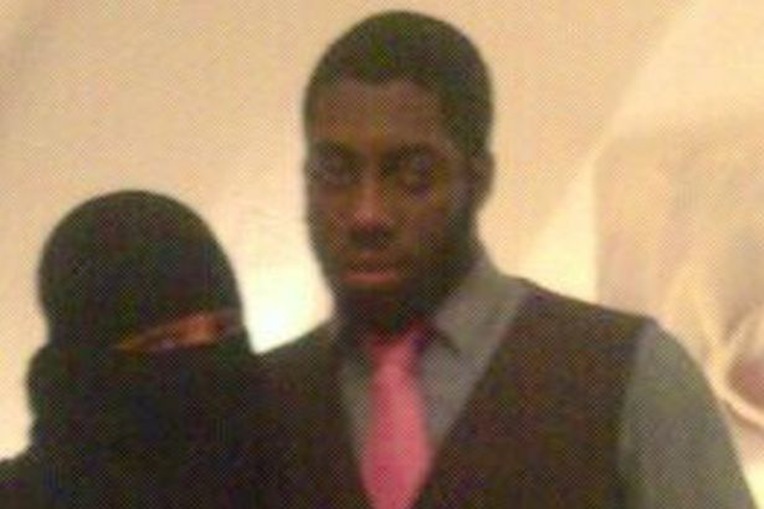Express
March 27, 2014

SHOULD any of us be unfortunate enough to be called to appear in front of a court any time soon we can at least take some comfort. We may no longer have to show our face.
That isn’t to say we won’t be obliged to turn up. For the time being at least that will probably remain necessary. But we will not need to actually show our face. For a great precedent has now been set. Earlier this week fanatical Muslim convert Rebekah Dawson made legal history in this country. Up in court on charges of witness intimidation Dawson – who wears the full Islamic face covering – simply refused to show her face.
This was the fanatical 22-year-old convert to Islam who (although she could not be named at the time) made headlines last September when a judge asked her to remove her face-covering in court and she refused. Indeed Dawson’s barrister Susan Meek argued at a pre-trial hearing that her client had a right to remain fully veiled in court, revealing only part of her eyes.
The barrister’s defence was that her client’s “right” to do this was protected by the European Convention on Human Rights. Did those learned, if misguided, minds who put together that ill-fated convention ever imagine this was where their legal system would end up? IN ANY case, stuck on the issue the judge at Blackfriars Crown Court Peter Murphy reached what was soon applauded as an eminently sensible British compromise. It was suggested by the judge that the defendant should not have to show her face when listening to the evidence of others but only when giving evidence herself.
In that moment a fatal compromise was made between British justice and Islamic fanaticism. For the principle that it is important that the judge and jury should be able to see the face of the accused is as old as trial by jury itself.
It is based not just on the court knowing that the person in the dock is the person who is meant to be in the dock. It is also based on the fact that one of the ways in which a jury can reach a verdict is by observing the defendant, when they are listening to others give evidence and when they are giving evidence themselves.
In compromising a part of this principle last September Judge Peter Murphy took a fatal step. But it was one which in any case the woman we now know to be Rebekah Dawson had no intention of obeying.
Dawson continued to refuse to show herself, eventually waiving her right to give evidence. Her insistence on the most fundamentalist interpretations of Islam thus led to endless cost and waste of court time.
Not just in the endless to-ings and fro-ings over whether the accused should have to show her face. It was also wasted in steps being taken such as a female police officer having to repeatedly go into a private room at the court and ask the defendant to lift her veil so the policewoman could confirm that the person under the veil was the accused.

